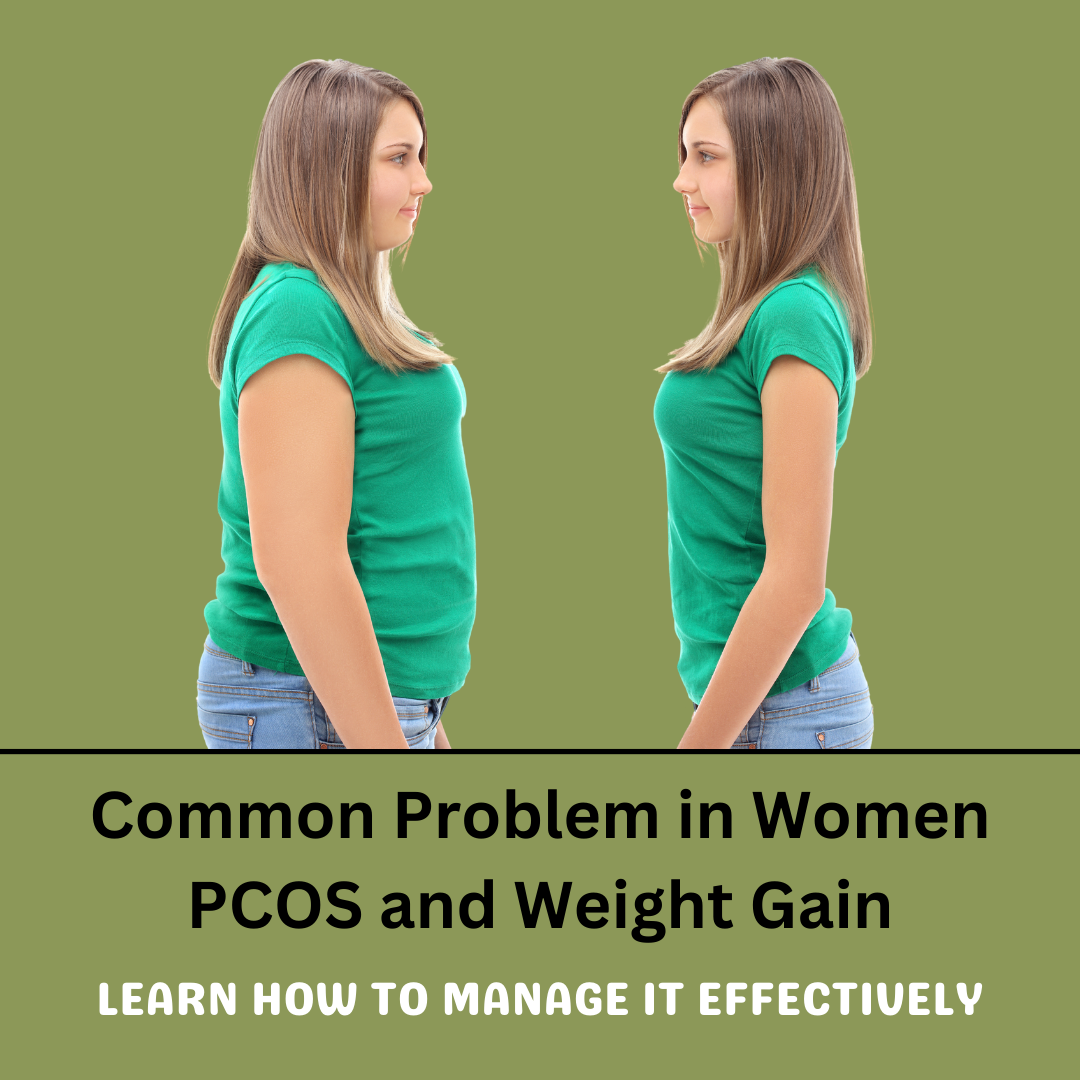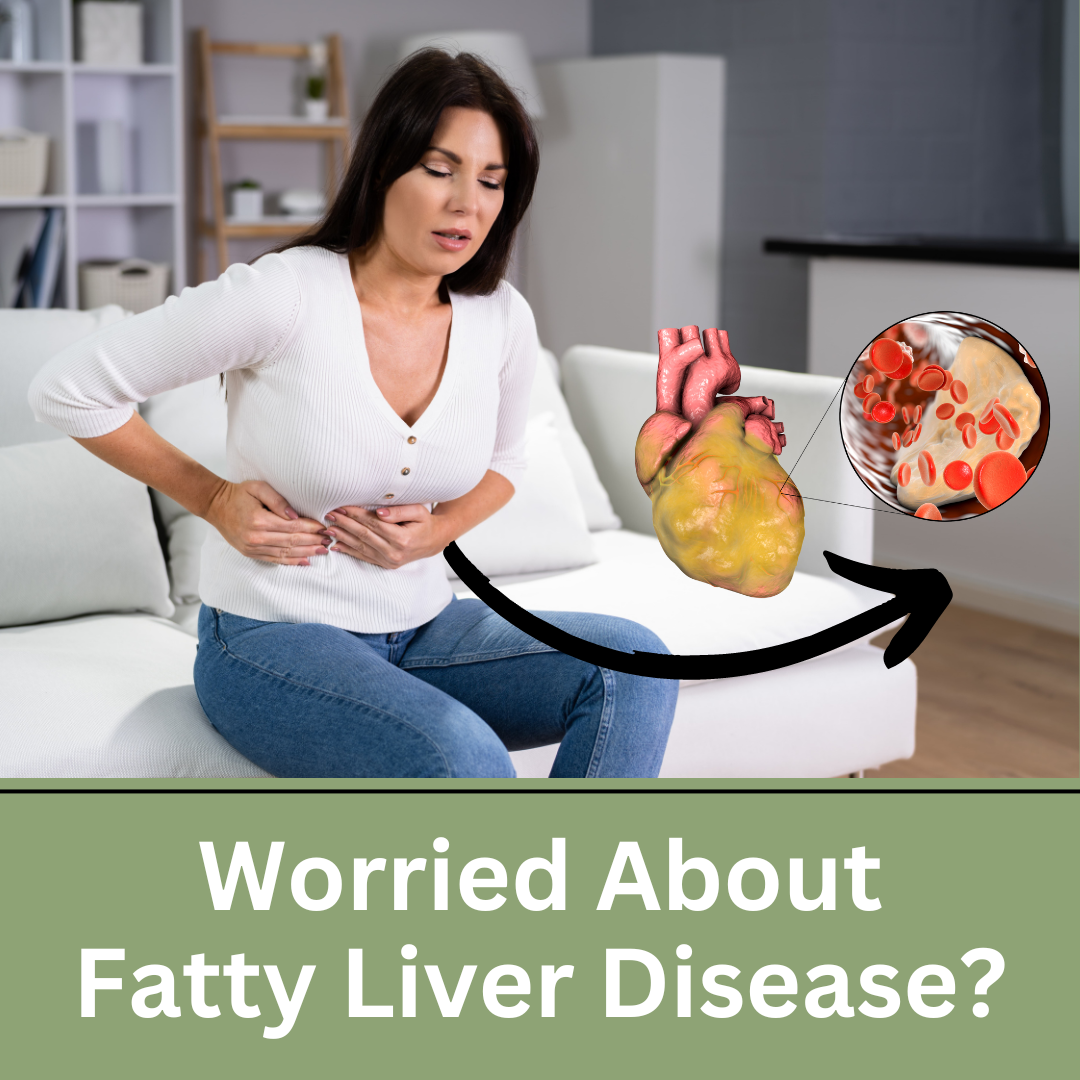How Diet Can Help Manage PCOS Symptoms Naturally
Polycystic Ovary Syndrome (PCOS) affects millions of women worldwide, leading to various health challenges such as weight gain, hormonal imbalance, and irregular menstrual cycles. However, with the right PCOS weight loss plan and a tailored PCOS diet plan, it is possible to manage symptoms and improve overall health. Let’s explore how a balanced diet can help manage PCOS symptoms naturally

Deep Understanding About PCOS | PCOD and Its Symptoms
PCOS is a hormonal disorder that can cause a variety of symptoms. Some of the most common PCOS symptoms include:
- Irregular periods
- Weight gain, particularly around the abdomen
- Acne and oily skin
- Excess hair growth (hirsutism)
- Hair thinning or hair loss
- Fatigue and mood swings
Recognizing these symptoms early is crucial to managing PCOS problems effectively.

The Role of Diet in Managing PCOS | PCOD
A well-balanced PCOS diet plan can significantly improve the symptoms and challenges associated with PCOS. Women with PCOS are often insulin-resistant, meaning their bodies struggle to use insulin properly, which can lead to weight gain and further complications. A diet rich in whole foods, lean proteins, and healthy fats helps stabilize blood sugar levels and supports weight management.
The Importance of a PCOS Weight Loss Plan
Weight gain is one of the primary concerns for women with PCOS, and losing even 5-10% of body weight can have a positive effect on regulating periods and reducing other PCOS symptoms. A PCOS weight loss plan that focuses on nutrient-dense foods can make a big difference. It should include:
- High-fiber vegetables (broccoli, leafy greens)
- Lean proteins (chicken, fish, tofu)
- Whole grains (quinoa, oats)
- Healthy fats (avocado, nuts)
Foods to Include in a PCOS Diet Plan
A successful PCOS diet plan should focus on foods that help reduce inflammation and balance hormones. Key components to include are:
- Anti-inflammatory foods: Tomatoes, spinach, almonds
- Low-GI carbohydrates: Sweet potatoes, brown rice, beans
- Omega-3 rich foods: Salmon, flaxseeds, walnuts
These foods help address insulin resistance, reduce inflammation, and promote hormonal balance, which are crucial in managing PCOS problems naturally.
Long-term Benefits of a Healthy PCOS Diet
Sticking to a tailored PCOS diet plan not only helps manage symptoms but also improves overall well-being. Over time, women can experience:
- Better weight management
- Regular menstrual cycles
- Improved mood and energy levels
- Healthier skin and hair
In conclusion, making informed dietary choices is one of the most effective ways to tackle the challenges of PCOS. With the right approach, women can take control of their health and reduce PCOS symptoms naturally.



